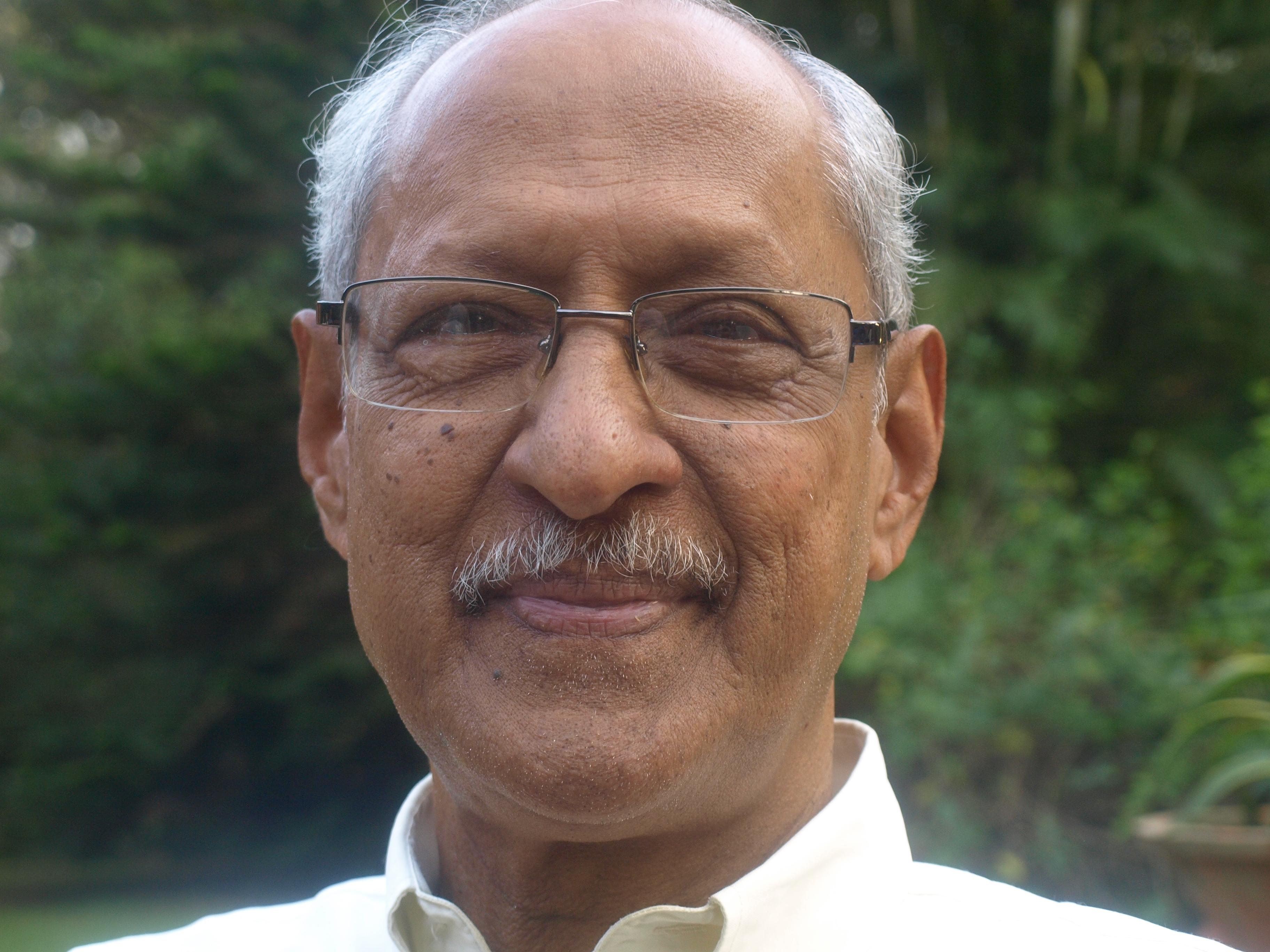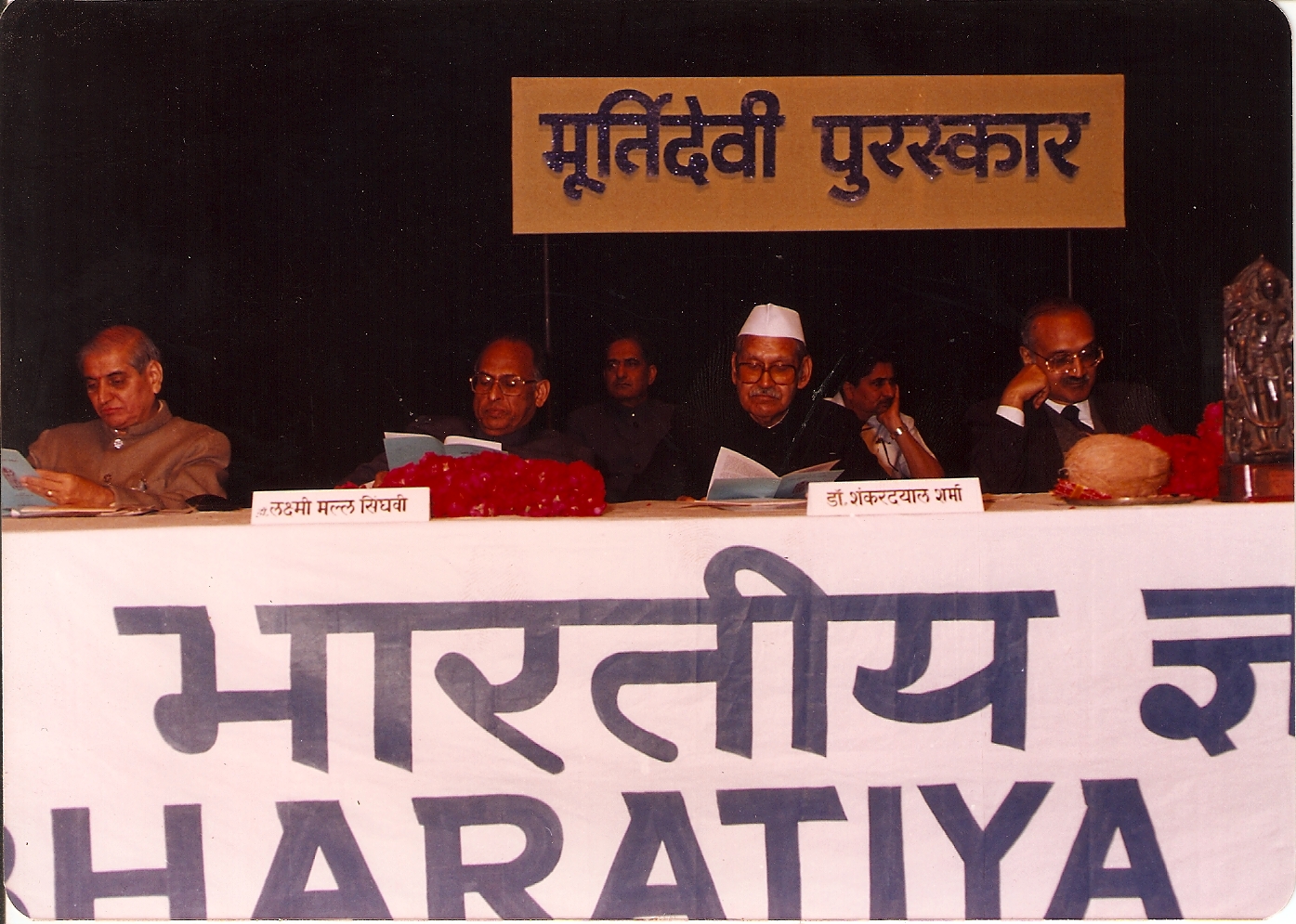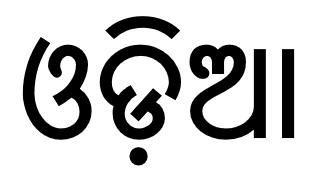|
Jnanpith
The Jnanpith Award is the oldest and the highest Indian literary award presented annually by the Bharatiya Jnanpith to an author for their "outstanding contribution towards literature". Instituted in 1961, the award is bestowed only on Indian writers writing in Indian languages included in the Eighth Schedule to the Constitution of India and English, with no posthumous conferral. From 1965 till 1981, the award was given to the authors for their "most outstanding work" and consisted of a citation plaque, a cash prize and a bronze replica of Saraswati, the Hindu goddess of knowledge and wisdom. The first recipient of the award was the Malayalam writer G. Sankara Kurup who received the award in 1965 for his collection of poems, Odakkuzhal (''The Bamboo Flute''), published in 1950. The rules were revised in subsequent years to consider only works published during the preceding twenty years, excluding the year for which the award was to be given and the cash prize was increased to ... [...More Info...] [...Related Items...] OR: [Wikipedia] [Google] [Baidu] |
Nilmani Phookan
Nilmani Phookan (born 10 September 1933) is an Indian poet in Assamese language and an academic. His work, replete with symbolism, is inspired by French symbolism and is representative of the genre in Assamese poetry. His notable works include ''Surya Henu Nami Ahe Ei Nodiyedi'', ''Gulapi Jamur Lagna'', and ''Kobita''. He has won the 56th Jnanpith Award, India's highest literary award , for the year 2020. He was also awarded the 1981 Sahitya Akademi Award in Assamese for his poetry collection, ''Kavita'' (Kobita). He was awarded the Padma Shri by Government of India in 1990, and received the Sahitya Akademi Fellowship, the highest literary honor in India, given by Sahitya Akademi, India's National Academy of Letters in 2002. Early life and education He was born in Dergaon in Golaghat district, Assam. He received his Master's degree in History from Guwahati University in 1961. Although he had started writing poetry since the early 1950s. Career He started his career as a ... [...More Info...] [...Related Items...] OR: [Wikipedia] [Google] [Baidu] |
Kannada
Kannada (; ಕನ್ನಡ, ), originally romanised Canarese, is a Dravidian language spoken predominantly by the people of Karnataka in southwestern India, with minorities in all neighbouring states. It has around 47 million native speakers, and was additionally a second or third language for around 13 million non-native speakers in Karnataka. Kannada was the court language of some of the most powerful dynasties of south and central India, namely the Kadambas, Chalukyas, Rashtrakutas, Yadava Dynasty or Seunas, Western Ganga dynasty, Wodeyars of Mysore, Nayakas of Keladi Hoysalas and the Vijayanagara empire. The official and administrative language of the state of Karnataka, it also has scheduled status in India and has been included among the country's designated classical languages.Kuiper (2011), p. 74R Zydenbos in Cushman S, Cavanagh C, Ramazani J, Rouzer P, ''The Princeton Encyclopedia of Poetry and Poetics: Fourth Edition'', p. 767, Princeton Unive ... [...More Info...] [...Related Items...] OR: [Wikipedia] [Google] [Baidu] |
Ashapoorna Devi
Ashapurna Devi (8 January 1909 – 12 July 1995), also Ashapoorna Devi or Ashapurna Debi, was a prominent Indian novelist and poet in Bengali. In 1976, she was awarded the Jnanpith Award and Padma Shri by the Government of India, D.Litt. by the Universities of Jabalpur, Rabindra Bharati, Burdwan and Jadavpur. Vishwa Bharati University honoured her with Deshikottam in 1989. For her contribution as a novelist and short story writer, the Sahitya Akademi conferred its highest honour, the Sahitya Akademi Fellowship, in 1994. Biography Ashapurna Devi was born in a Baidya family on 8 January 1909 in North Calcutta. Her birth name was Asha Purna Devi (Gupta). Her early childhood was spent in a traditional and extremely conservative family. Female children of the house were not allowed to go to school. Private tutors were employed only for the boys. It is said that as a baby Ashapurna used to listen to the readings of her brothers sitting opposite to them and that was how she learnt ... [...More Info...] [...Related Items...] OR: [Wikipedia] [Google] [Baidu] |
Malayalam Language
Malayalam (; , ) is a Dravidian language spoken in the Indian state of Kerala and the union territories of Lakshadweep and Puducherry (Mahé district) by the Malayali people. It is one of 22 scheduled languages of India. Malayalam was designated a " Classical Language of India" in 2013. Malayalam has official language status in Kerala, and Puducherry ( Mahé), and is also the primary spoken language of Lakshadweep, and is spoken by 34 million people in India. Malayalam is also spoken by linguistic minorities in the neighbouring states; with significant number of speakers in the Kodagu and Dakshina Kannada districts of Karnataka, and Kanyakumari, district of Tamil Nadu. It is also spoken by the Malayali Diaspora worldwide, especially in the Persian Gulf countries, due to large populations of Malayali expatriates there. There are significant population in each cities in India including Mumbai, Bengaluru, Delhi, Kolkata, Pune etc. The origin of Malayalam remains a matt ... [...More Info...] [...Related Items...] OR: [Wikipedia] [Google] [Baidu] |
Damodar Mauzo
Damodar Mauzo (born 1 August 1944) is a Goan short story writer, novelist, critic and script writer in Konkani. He was awarded the 57th Jnanpith Award, India's highest literary honour, in 2021, Sahitya Akademi Award in 1983 for his novel ''Karmelin'' and the Vimala V. Pai Vishwa Konkani Sahitya Puraskar award for his novel ''Tsunami Simon'' in 2011. His collection of Short stories ''Teresa's Man and Other Stories from Goa'' was nominated for the Frank O'Connor International award in 2015. He has served as a member of the executive board, general council, as well as the finance committee of the Sahitya Akademi. Early life Mauzo was born on 1 August 1944 to a Gaud Saraswat Brahmin family, in South Goa in the coastal village of Majorda. His primary education was in the Marathi and Portuguese languages, while his secondary education was in English. He studied at the New Era High School in Margao. The writer lost his father at the age of 12. After this, he helped his uncle at ... [...More Info...] [...Related Items...] OR: [Wikipedia] [Google] [Baidu] |
Malayalam
Malayalam (; , ) is a Dravidian languages, Dravidian language spoken in the Indian state of Kerala and the union territories of Lakshadweep and Puducherry (union territory), Puducherry (Mahé district) by the Malayali people. It is one of 22 Languages with official status in India, scheduled languages of India. Malayalam was designated a "Classical Language of India" in 2013. Malayalam has official language status in Kerala, and Puducherry (Mahé, Puducherry, Mahé), and is also the primary spoken language of Lakshadweep, and is spoken by 34 million people in India. Malayalam is also spoken by linguistic minorities in the neighbouring states; with significant number of speakers in the Kodagu and Dakshina Kannada districts of Karnataka, and Kanyakumari district, Kanyakumari, district of Tamil Nadu. It is also spoken by the Malayali diaspora, Malayali Diaspora worldwide, especially in the Arab states of the Persian Gulf, Persian Gulf countries, due to large populations of Malay ... [...More Info...] [...Related Items...] OR: [Wikipedia] [Google] [Baidu] |
Bharatiya Jnanpith
Bharatiya Jnanpith a literary and research organization, based in New Delhi, India, was founded on February 18, 1944Encyclopaedia of Indian literature vol. 1, p. 298 1987, Sahitya Akademi, by Sahu Shanti Prasad Jain of the Sahu Jain family and his wife Rama Jain to undertake systematic research and publication of Sanskrit, Prakrit, Pali and Apabhramsha texts and covering subjects like religion, philosophy, logic, ethics, grammar, astrology, poetics, etc.jnanpith.net , Bhartiya Jnanpith Official website Its research and publication programme started with the publication of the Dhavala texts. A temple at |
Prothom Protishruti
''Prothom Protishruti'' (; ), also spelled Pratham Pratishruti, is a 1964 Bengali novel by Ashapurna Devi. Considered to be Devi's magnum opus, it tells a story of Satyabati who was given away in marriage at the age of eight to maintain the social norms, and was kept under strict surveillance of brahmanical regulations. The novel narrates Satyabati's struggle to fight against family control, mental violence of the polygamy system, and social prejudices in patriarchal society. It won Rabindra Puraskar in 1965 and Jnanpith Award in 1976. Background The title ''Prothom Protishruti'' (First Promise) refers to the promise Satyabati, the protagonist, has made to educate her daughter Subarna and in which she failed. Critic Madhuri Chatterjee noted that the title also can be interpreted in positive terms — it could be the promise with which Satyabati leaves her household to demand answers regarding the position of women. Characters Spanning 48 chapters, the novel has about 50 charac ... [...More Info...] [...Related Items...] OR: [Wikipedia] [Google] [Baidu] |
Telugu Language
Telugu (; , ) is a Dravidian language spoken by Telugu people predominantly living in the Indian states of Andhra Pradesh and Telangana, where it is also the official language. It is the most widely spoken member of the Dravidian language family and one of the twenty-two scheduled languages of the Republic of India. It is one of the few languages that has primary official status in more than one Indian state, alongside Hindi and Bengali. Telugu is one of six languages designated as a classical language (of India) by the Government of India. Telugu is also a linguistic minority in the states of Karnataka, Tamil Nadu, Maharashtra, Gujarat, Chhattisgarh, Orissa, West Bengal, and the union territories of Puducherry and Andaman and Nicobar Islands. It is also spoken by members of the Telugu diaspora spread across countries like United States, Australia, United Kingdom, Canada, New Zealand in the Anglosphere; Myanmar, Malaysia, South Africa, Mauritius; and the Arabian Gulf count ... [...More Info...] [...Related Items...] OR: [Wikipedia] [Google] [Baidu] |
Sanskrit
Sanskrit (; attributively , ; nominally , , ) is a classical language belonging to the Indo-Aryan branch of the Indo-European languages. It arose in South Asia after its predecessor languages had diffused there from the northwest in the late Bronze Age. Sanskrit is the sacred language of Hinduism, the language of classical Hindu philosophy, and of historical texts of Buddhism and Jainism. It was a link language in ancient and medieval South Asia, and upon transmission of Hindu and Buddhist culture to Southeast Asia, East Asia and Central Asia in the early medieval era, it became a language of religion and high culture, and of the political elites in some of these regions. As a result, Sanskrit had a lasting impact on the languages of South Asia, Southeast Asia and East Asia, especially in their formal and learned vocabularies. Sanskrit generally connotes several Old Indo-Aryan language varieties. The most archaic of these is the Vedic Sanskrit found in the Rig Veda, a colle ... [...More Info...] [...Related Items...] OR: [Wikipedia] [Google] [Baidu] |
Odia Language
Odia (, ISO: , ; formerly rendered Oriya ) is an Indo-Aryan language spoken in the Indian state of Odisha. It is the official language in Odisha (formerly rendered Orissa), where native speakers make up 82% of the population, and it is also spoken in parts of West Bengal, Jharkhand, Andhra Pradesh and Chhattisgarh. Odia is one of the many official languages of India; it is the official language of Odisha and the second official language of Jharkhand. The language is also spoken by a sizeable population of 700,000 people in Chhattisgarh. Odia is the sixth Indian language to be designated a classical language, on the basis of having a long literary history and not having borrowed extensively from other languages. The earliest known inscription in Odia dates back to the 10th century CE. History Odia is an Eastern Indo-Aryan language belonging to the Indo-Aryan language family. It descends from Odra Prakrit, which evolved from Magadhi Prakrit, which was spoken in east Ind ... [...More Info...] [...Related Items...] OR: [Wikipedia] [Google] [Baidu] |
Odakkuzhal (Poetry)
''Odakkuzhal'' is a collection of poems written by G. Sankara Kurup in Malayalam. It was published by Mathrubhumi in 1950. It won the first prestigious Jnanpith Award The Jnanpith Award is the oldest and the highest Indian literary award presented annually by the Bharatiya Jnanpith to an author for their "outstanding contribution towards literature". Instituted in 1961, the award is bestowed only on Indian w ... in 1965. The book consists of 60 symbolist lyrics. References Malayalam-language literature {{India-literature-stub ... [...More Info...] [...Related Items...] OR: [Wikipedia] [Google] [Baidu] |

.jpg)



